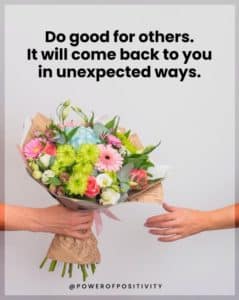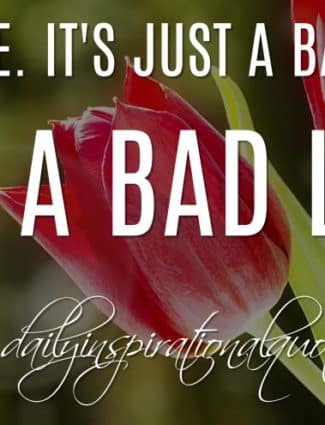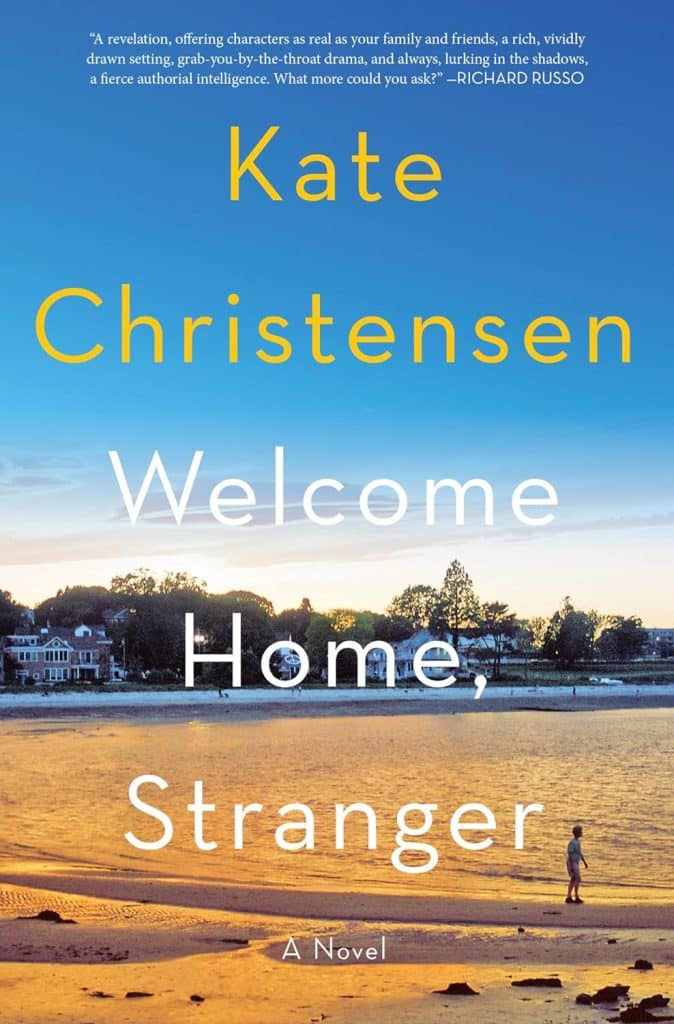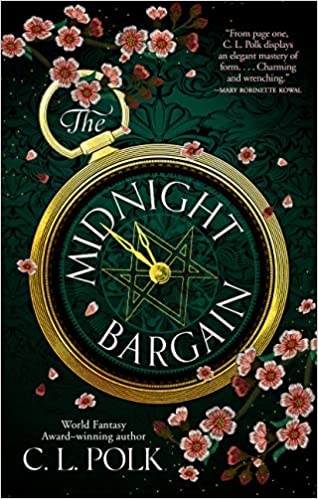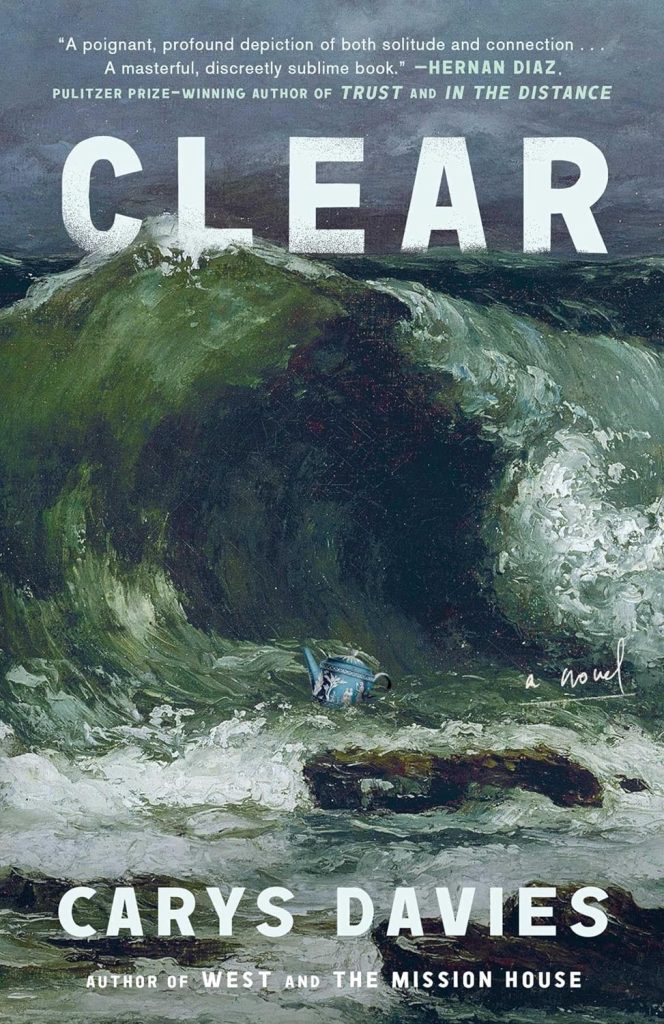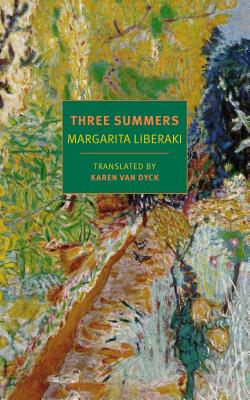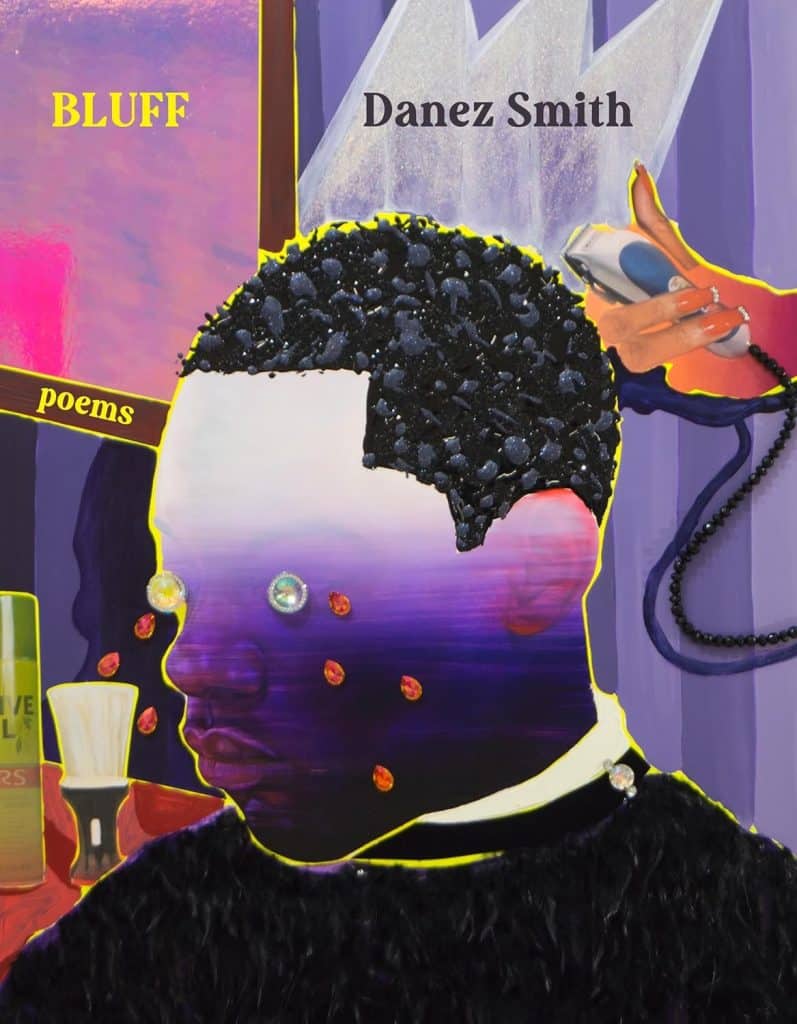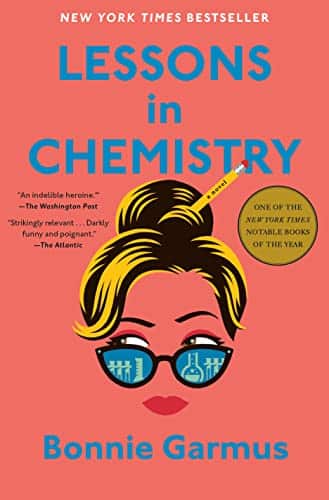
Letting Go to Live Fully!
The Bad Yeterdays Should Not Ruin a Good Today!
Estimated reading time: 1 minute, 51 seconds“Richard, my nephew told me to lock the bottom door and leave the upstairs hall door open, but it closed before I could prop it open.”
We met briefly when I returned from Temple last Friday.
Despite being tired and needing a bathroom, I offered to help.
“Let’s go and check the upstairs door with my second key.”
I was not surprised that my key fit but did not unlock the door.
Let’s walk over to the landlord’s office as they have a master key.
The door was locked as it was a few minutes before nine.
“I need to go, but if they need someone to vouch for you, have them call me…”
Returning home, I remembered locking myself out of the apartment. We had lived there for six months, and I had left before Jan.
We kissed, and Jan told me I would do well in my meeting. As she closed and locked the door, I had no reason to believe it would turn into a bad day.
Fortunately, all I had to do was wait for Jan.
Far too often, we want to view every event as being cataclysmic.
We do ourselves a disservice when we let one unpleasant moment overwhelm us and prohibit us from seeing the good each day offers and how we can help each other.
Returning from my morning walk today, I met my neighbor’s uncle.
“I wanted to thank you for helping me. I met the staff, who were accommodating when I mentioned your name.”
We fist-bumped, and he shook his new house keys, “Now I have keys! If I can ever help you, let me know…”
Life is good when we are good to each other.
The Jan Lilien Education Fund sponsors ongoing sustainability and environmental awareness programs. Gifts made this month; I will match dollar-for-dollar. All donations are tax-deductible.
I receive a commission when you buy a book or product using a link on this page. Thank you for supporting Sharing Jan’s Love blog.


